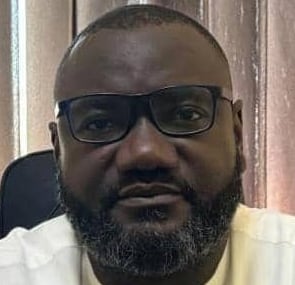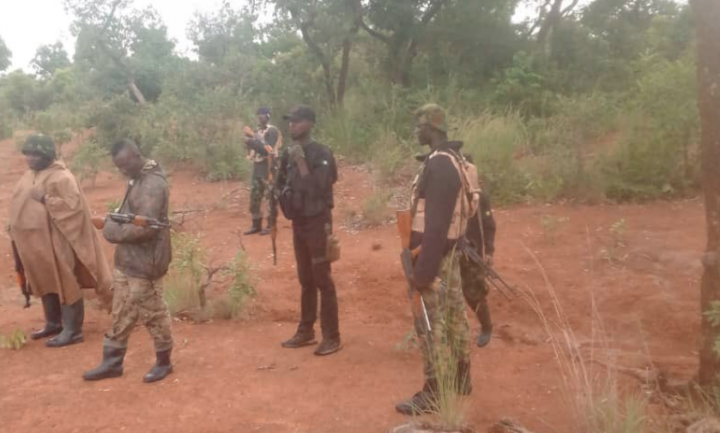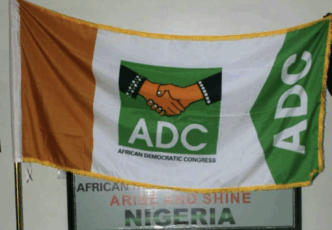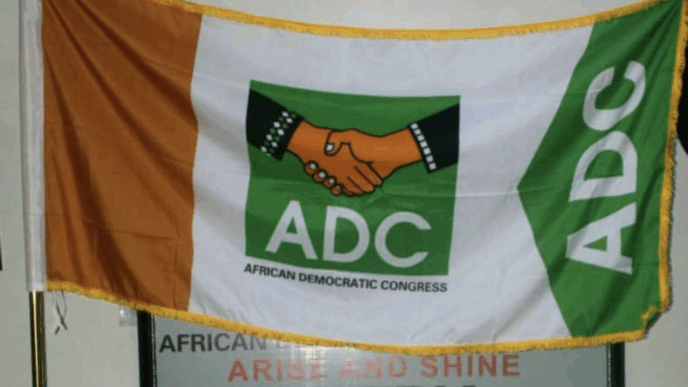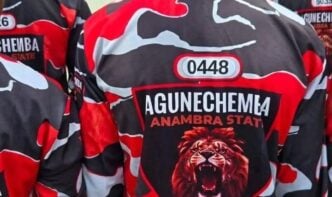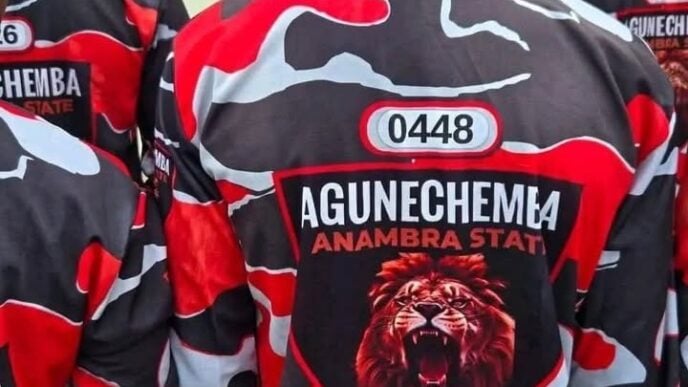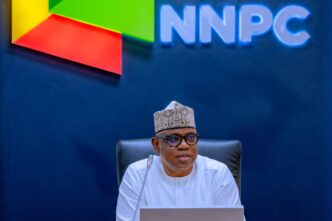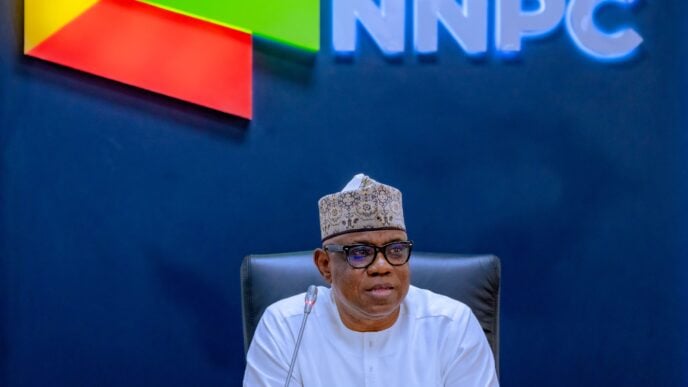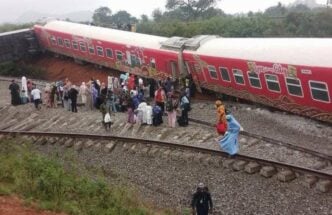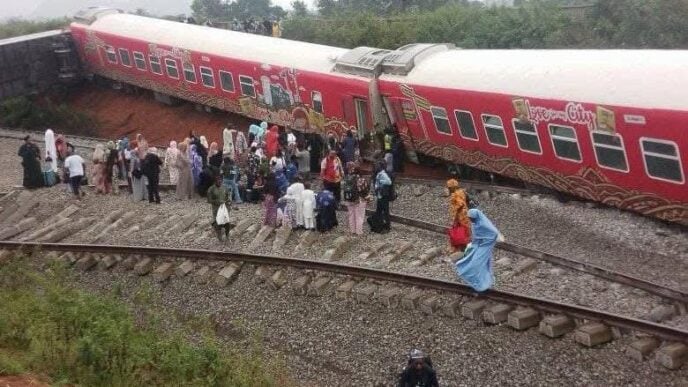Army troops. File photo
It was Carl von Clausewitz who identified “friction” as the gap between the ideal and reality in war. “Friction” makes the simple difficult in war. He stated that “Everything is very simple in war, but the simplest thing is difficult. These difficulties accumulate and produce a friction, which no man can imagine exactly who has not seen war.” There are rules of engagement. It is akin to the 12 commandments, a regime of ‘thou shalt not,’ which is strange in the vocabulary of the military. The prominent vocabulary in military operations is “mission accomplished”. Warfare is an unusual situation, and how do you regulate an unusual situation? This is what causes military operations to last longer than necessary. Why did the US-Afghan war last 20 years, and was its mission unaccomplished? The Taliban is no match for the American military in war strategy and artillery. Likewise, Boko Haram is no match for the Nigerian military in war strategy and artillery. This is where we must ask critical questions instead of presenting our imaginations as reality. There is an obvious gap between ideal and reality.
I have listened to several commentaries about the operational effectiveness of the Nigerian military. In those commentaries, something was prominent. Unconventional war was analyzed from the perspective of conventional wars. Conventional war is dead and buried because war has lost logic. A commentator went as far as saying the Boko Haram insurgency has exposed the weakness of the Nigerian military. It was his imagination, and understandably so. But a former American president Dwight Eisenhower once said, “Our imagination could not encompass the situation which would result from an attack on this country involving the explosion of 2,000 megatons. War no longer has any logic whatsoever.” In the same fashion, Nigerians can’t understand why the military cant crush Boko Haram in one fell swoop.
Recently, General Christopher Musa, the Chief of Defence Staff, granted an interview on Channels TV. Even though some of his points were taken out of context, he indeed made some very valid points on why it is imagined that the military has lost steam. For example, the military is not trained to make arrests and prosecute. It is tantamount to seeing a soldier at the warfront with handcuffs as part of his military gear. Military operations are bound by distinction, proportionality, and necessity. The need to distinguish between combatants and civilians, military action must balance military advantage, and the use of force must be justified. These are the provisions of the law of armed conflict. (International Humanitarian Law) For example, the military could not have executed Abubakar Shekau or any of his lieutenants if they had been apprehended alive despite the gravity of crimes they have committed. The military can’t carry out strikes in communities where Boko Haram insurgents are identified because of the presence of unarmed civilians within the locations. It would amount to a war crime. The last time I checked, Nigeria is a signatory to key treaties of the International Humanitarian Law through the Geneva Conventions of 1949. Nigeria ratified these in 1961, and in 1988 ratified its additional protocols.
The Chief of Defence Staff, General Christopher Musa, in his interview, gave several examples of when the military was constrained to take hard decisions in the overall interest of national security. Civil society groups ran berserk with press conferences condemning the supposed highhandedness of the military. The narrative is usually one-sided and bereft of logic. It is also a profound expression of imagination. Unfortunately, military operations are built on idiosyncrasies- a combination of factors as they appear on the battlefront.
Advertisement
The politics of arms procurement is also another factor why military operations bicker in Nigeria. For example, the $593 million sale of 12 A-29 Super Tucano aircraft to Nigeria faced scrutiny, citing human rights violations. It was about human rights violations and not the nefarious activities of Boko Haram insurgents that have led to loss of lives and massive displacements. It was also not about the humanitarian crisis in the northeast. Interestingly, there is a renewed drive to develop high-quality, locally manufactured military equipment, ammunition, and other operational assets by the Nigerian military. Have we heard of the Ezugwu Mine Resistant Ambush Protected (MRAP) vehicle? The MRAP is bulletproof and can withstand 7.62mm machine gun and AK-47 fire. It is also mine-resistant, with inbuilt mechanisms to neutralize explosive threats. It can move through water up to 20–30 meters deep. It has armoured windshields, advanced communication systems covering 10–16km, and surveillance cameras with a range of 2–5km. It was developed by Major General Victor Ezugwu, a former Director General of the Defence Industries Corporation (DICON). It has since been deployed in warfare without the usual scrutiny and delays associated with military hardware procurements. Unfortunately, over 95% of our military hardware is imported and with attendant restrictions.
There is also a lack of support for military operations by the civilian populace. The military is regarded as the number one enemy of civil society groups, human rights advocates and the media. It is like swimming against the tide. For example, an accidental strike on civilians is condemned vehemently. Media houses make sensational stories out of it. Human rights lawyers threaten to sue the military. Amnesty International would release reports of extrajudicial killings and mass burials. And the frenzy would continue unabated, forcing the military to doubt itself with a dampened morale. Most times, it could be psychologically draining for officers and soldiers in the theatre of operations. Have we realized that the media projects condemnation instead of empathy when the military suffers casualties in its operations? For example, Boko Haram insurgents attacked a military base in Borno state, and the narrative was that the military is not doing enough. They would always say, “How can Boko Haram attack a military base and cart away military hardware with scores of soldiers dead or missing?” Media promoters need to learn how wars are reported in western climes. National security comes first. This is also part of the friction.
That the Boko Haram insurgency has bickered is not on purpose. It’s the dynamics at play that permit it. The Boko Haram insurgency is a complex military operation. It is beyond military tanks and bullets. In the annals of Nigeria, after the civil war, this is the most trying time for the Nigerian military. It has been stretched beyond imagination. In 2024, I authored an article: An army that performs magic for 200m+. In the article, my position was that the Nigerian Army is extremely stretched. It has been engaged in the Boko Haram insurgency since 2009, when the group began its violent campaign in Nigeria. Hundreds of fine officers and soldiers have paid the supreme price in service to the country. Many have lost limbs and other parts of their bodies. Yet, we have an army that has kept trudging because of the oath of allegiance they swore to protect Nigeria as a nation with their sweat, strength and blood. This is food for thought.
Advertisement
Ocheja, PhD, specialises in the documentation of the military histories of Nigeria and Africa.
Views expressed by contributors are strictly personal and not of TheCable.
